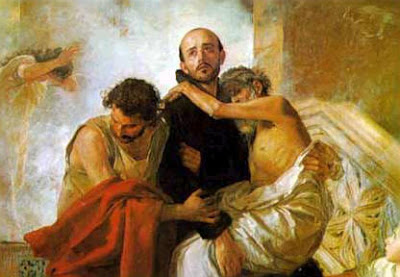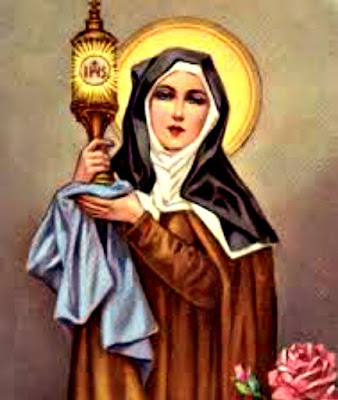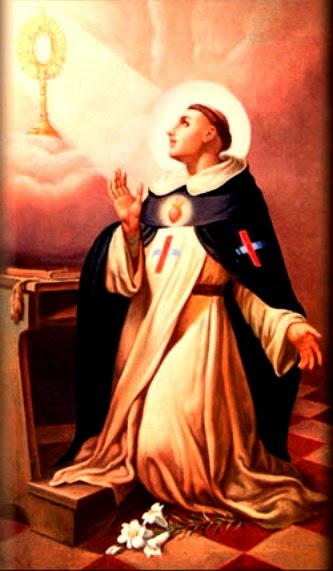St. John of God, Patron of the Sick and Dying
On March 7, the Church honors St. John of God, Founder of the Order of the Brothers Hospitalers, which bears his name. He is the patron of the sick, the dying, firefighters, and alcoholics.
St. John of God was born on March 8, 1495 in a small village in the south of Portugal called Montemor-o-Novo. At the age of eight, he left home and was raised by a Spanish family in Oropesa. John spent most of his life as a wanderer, working as a shepherd, soldier, a religious bookseller and laborer, traveling in Europe and North Africa.
When St. John of God settled in Granada around the age of forty he was so deeply moved by a homily of Blessed John of Avila, that he gave away all his worldly possessions to the poor and went about the city beating his breast, begging for God’s mercy. His conversion experience was so dramatic in its intensity that he was locked up in a lunatic asylum, where he was flogged and placed in solitary confinement.
His brief experience of this kind of treatment made him feel very compassionate toward the poor, the sick and the suffering; thus, he devoted the rest of his life to caring for those in need. John's work was motivated by his great love of God and Our Blessed Mother. "Whatsoever you do to one of these the least of my brothers and sisters, you do to Me." This was the yardstick John used to measure his service to others. John was a warm, loving person who created a warm, caring environment in his hospital.
People were impressed by John's sincerity, his deep love for others, and his service to them. He was able, therefore, to tap their generosity and involve them in his work. They donated food and money and many volunteered to help him with his work. They called him John of God. Because he believed that everyone was equal in the sight of God, John moved effortlessly across the social classes. He was as much at ease in the presence of royalty as he was with the sick and poor in his hospital. He created a family of St. John of God, which consisted of the nobility, the middle-class, the poor, his volunteers and his paid staff, all with the sole purpose of serving God by serving those in need.
St. John is the founder of the Order of Charity and the Order of Hospitaliers of St. John of God. His symbols include a Crown of thorns (brought to him by the Blessed Mother), an alms box, a crucifix, a rosary, holding a pomegranate.
Favorite Quotes from St. John of God
"If we look forward to receiving God's mercy, we can never fail to do good so long as we have the strength. For if we share with the poor, out of love for God, whatever he has given to us, we shall receive according to his promise a hundredfold in eternal happiness. What a fine profit, what a blessed reward! With outstretched arms he begs us to turn toward him, to weep for our sins, and to become the servants of love, first for ourselves, then for our neighbors. Just as water extinguishes a fire, so love wipes away sin."
"So many poor people come here that I very often wonder how we can care for them all, but Jesus Christ provides all things and nourishes everyone. Many of them come to the house of God, because the city of Granada is large and very cold, especially now in winter. More than a hundred and ten are now living here, sick and healthy, servants and pilgrims. Since this house is open to everyone, it receives the sick of every type and condition: the crippled, the disabled, lepers, mutes, the insane, paralytics, those suffering from scurvy and those bearing the afflictions of old age, many children, and above all countless pilgrims and travelers, who come here, and for whom we furnish the fire, water, and salt, as well as the utensils to cook their food. And for all of this no payment is requested, yet Christ provides."
"I work here on borrowed money, a prisoner for the sake of Jesus Christ. And often my debts are so pressing that I dare not go out of the house for fear of being seized by my creditors. Whenever I see so many poor brothers and neighbors of mine suffering beyond their strength and overwhelmed with so many physical or mental ills which I cannot alleviate, then I become exceedingly sorrowful; but I trust in Christ, who knows my heart. And so I say, "Woe to the man who trusts in men rather than in Christ."





Comments
Post a Comment
Comments are moderated and are published at the blogger's discretion.